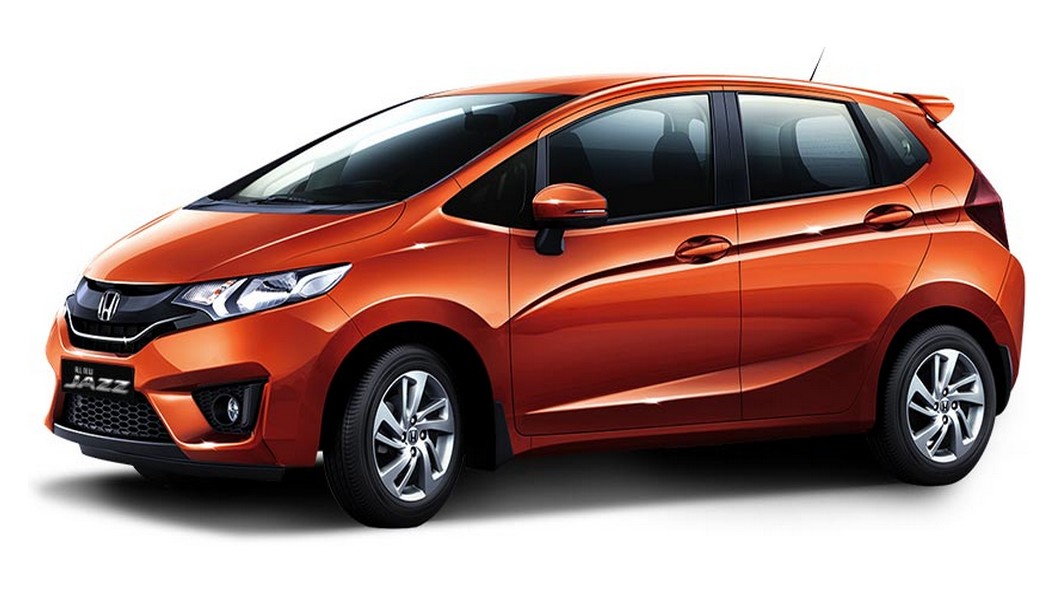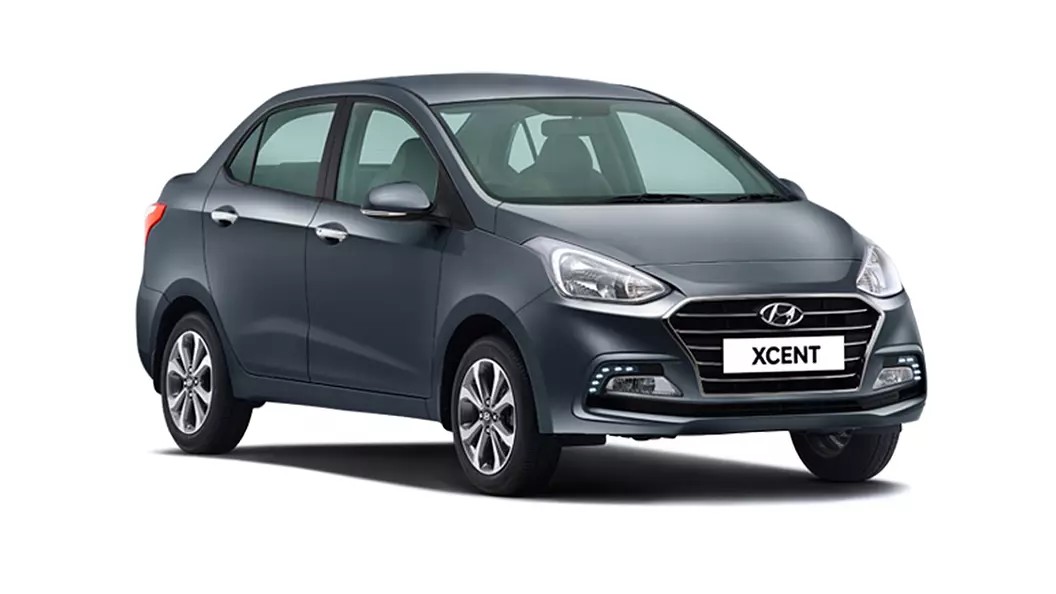Tax Reduction by Government Big Help To Mahindra, Tata & Tesla
 Ishita Sharma 2025-03-28
Ishita Sharma 2025-03-28

The Maharashtra Government, in its budget announcement for FY 2025-26, proposed a tax on electric vehicles (EVs) priced above Rs 30 lakh. Previously, to encourage the adoption of EVs, the government had introduced tax exemptions, which helped boost the growth of this segment. However, this new tax policy has significantly influenced the decision-making of potential EV buyers. In response to these changes and shifting consumer behavior, the government has now revealed an additional update regarding the state's vehicle tax. What is this new development?
What are the changes in Maharashtra Vehicle Tax?
To encourage new car buyers to opt for electric vehicles (EVs), the state government has decided to withdraw its earlier proposal to impose a 6 percent sales tax on EVs priced above Rs 30 lakh (ex-showroom). This tax was intended to categorize such vehicles as luxury cars, but the government has now revised its stance to support the growth of the EV market. Addressing to go against this new taxation policy, Maharashtra CM, Devendra Fadanvis said, “We are disincentivizing EVs counting it under the luxury segment without any reason, we will not go ahead with this policy”.
How Automakers in India will get Help from it?
The withdrawal of this policy will benefit automakers such as Mahindra, Hyundai, Kia, and others, allowing them to sell their electric vehicles (EVs) more easily. For example, Mahindra's new XEV 9e, which was priced at Rs 30.50 lakh (ex-showroom), would have been subject to the tax due to its price being Rs 50,000 above the Rs 30 lakh threshold. With the policy change, this model, along with others in a similar price range, can now avoid the additional tax burden.
Additionally, this policy withdrawal will benefit Tata and Tesla as well. Tata is preparing to launch its new Harrier EV and Sierra EV in India, with the Harrier EV expected to be priced above Rs 30 lakh (ex-showroom), potentially crossing the threshold for the luxury car tax. Similarly, Tesla is gearing up to enter the Indian market with its Model 3 and Model Y as its initial offerings, and it's unlikely that these models will be priced below Rs 30 lakh (ex-showroom). With the removal of the tax, both Tata and Tesla will have more flexibility in pricing their EVs competitively.
Recently, there has been a rise in the number of electric vehicle (EV) buyers in the country. Many of these buyers are primarily focused on getting the most features in their cars. However, the recent hike in EV taxes caused many potential buyers to reconsider their decisions. Now, this shift is anticipated to give buyers in Maharashtra a chance to reassess their interest in EVs once again.

















